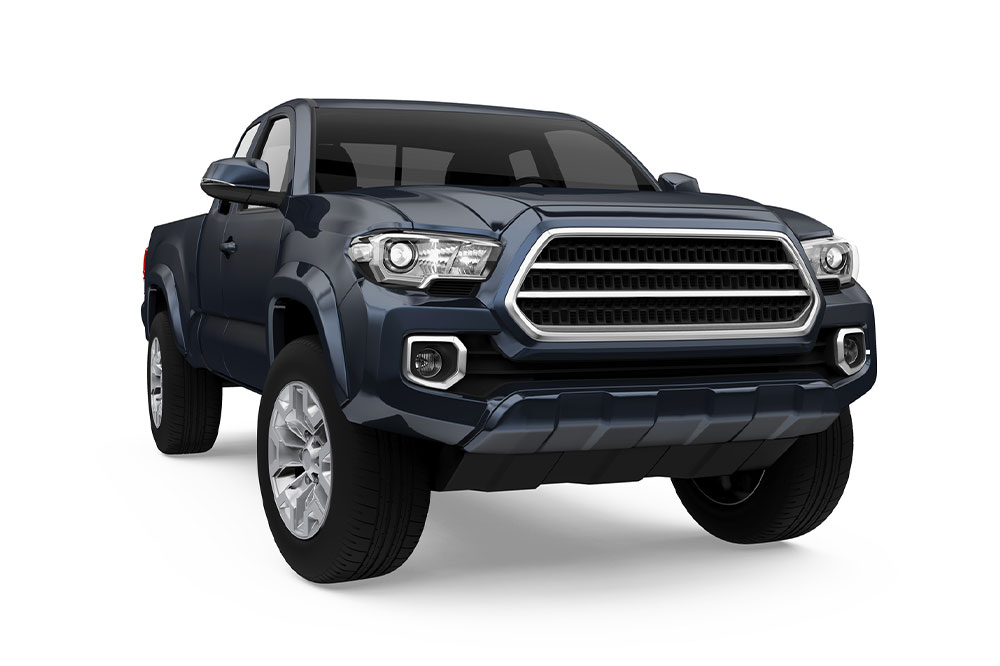Essential Tips for Buying a Used Car
Discover practical tips for purchasing a reliable used car. Learn about key features to check, how to inspect vehicle history, and tips for negotiating a fair price. This guide helps buyers make informed decisions, ensuring they get value for their money when choosing a pre-owned vehicle. From choosing trusted brands to arranging finances, find everything you need for a successful used car purchase.

Essential Tips for Buying a Used Car
Opting for a pre-owned vehicle is a smart choice when budget constraints prevent purchasing a new car. Typically, used models from the previous year are priced significantly lower, with depreciation rates around 27% upon new release and dropping below 50% after three years. Selecting a reliable used car requires careful evaluation to ensure it’s in good condition, free from prior accident damage, and equipped with necessary safety and entertainment features.
Trusted used vehicles often come from brands like Honda, Ford, Chevrolet, Nissan, Toyota, Acura, Hyundai, and Jeep. Use online tools to filter options by body style, price, mileage, year, and preferred features such as engine type or drive train. Always have a trusted mechanic inspect the car before purchase, especially for independent sales, to avoid overlooked issues.
Modern used cars often feature electronic stability control, a crucial safety feature introduced in vehicles after 2012, which helps prevent skidding and maintains control. Check for this feature when evaluating options. Review the vehicle’s history report, including accidents and maintenance records, to ensure transparency. Online research can save time and effort, helping you understand the vehicle's past and anticipate future maintenance costs, especially for cars without warranties.
Prepare your finances beforehand—consider cash, cashier’s check, or pre-approved loans—to stay within your budget. Private sellers typically offer lower prices than dealerships; however, certified pre-owned cars from authorized dealers might be in better condition. Take the car for a test drive and have it thoroughly inspected. Pay attention to sounds, vibrations, and overall handling. Negotiation should be based on your inspections and market research to secure a fair deal.
Remember, bargaining is part of the process. Set a target price, negotiate confidently, and finalize the purchase once satisfied. A careful approach ensures you acquire a reliable used car that meets your needs and budget.










